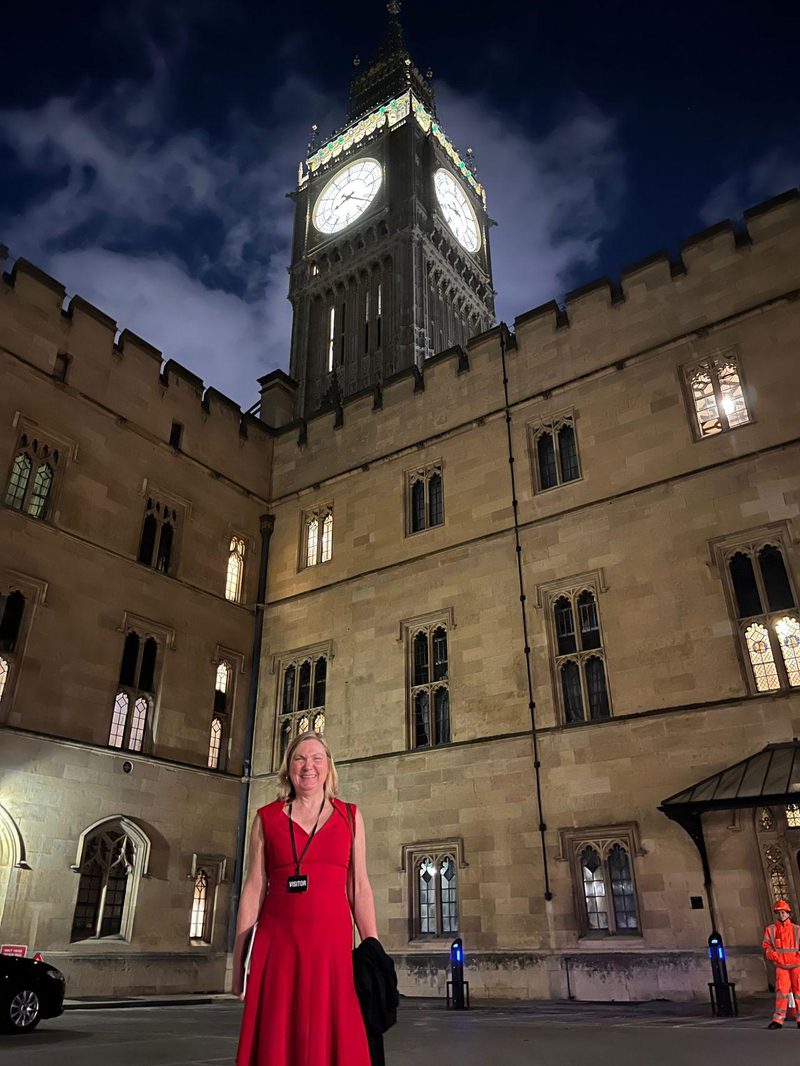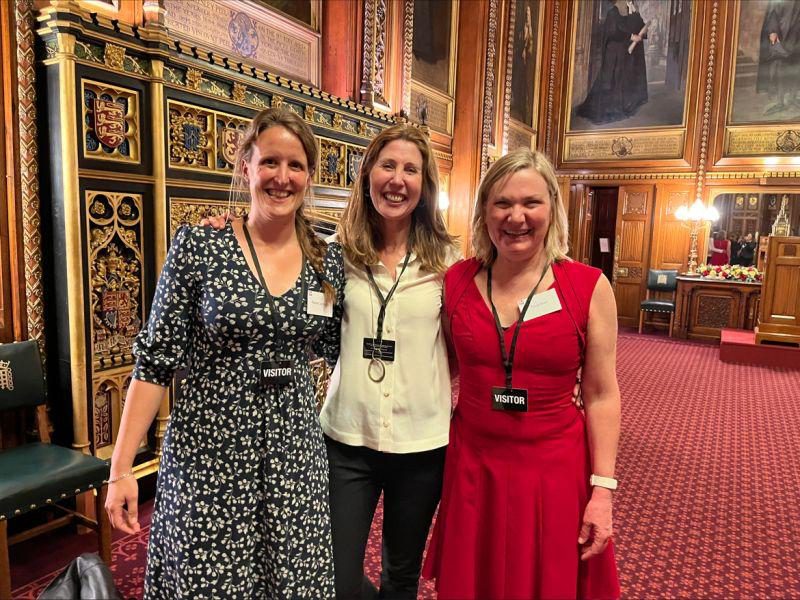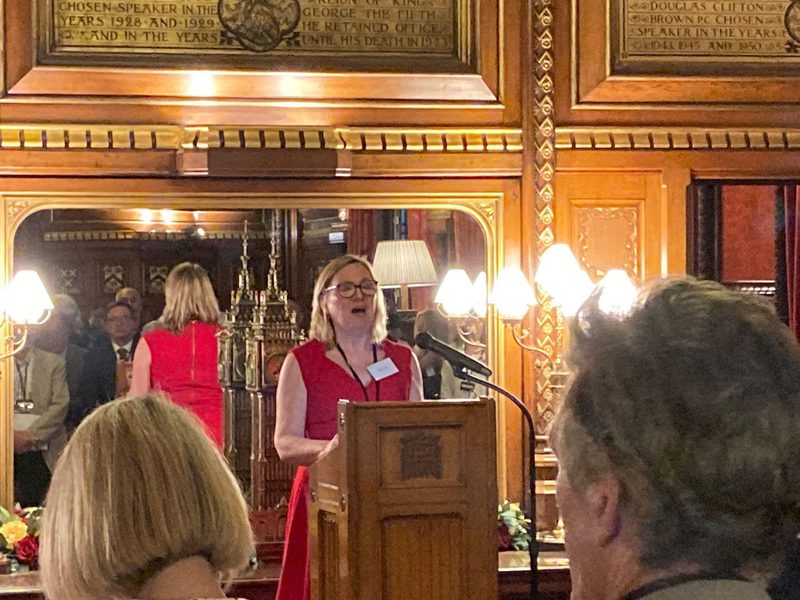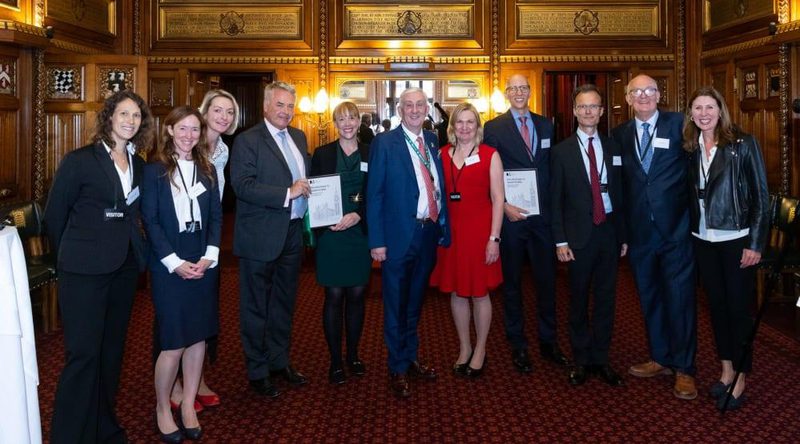
Community is at the heart of what we do at Yogacampus so we were very excited to catch up with Yogacampus Teacher Training Graduate Tessa Watt to find out about her impressive career and her training.
1. Tessa, it's wonderful to have you with us. Could you start by telling us a bit about your journey into mindfulness and meditation?
In my late 20s I left a quiet academic life and took up a job as a producer with BBC Radio - a massive change of pace which was exciting but also took its toll on my stress levels. A friend brought me along to his Buddhist meditation centre which was the way to learn meditation in those days, before it became mainstream. I discovered that meditation went a lot deeper than just reducing stress, and began a path that took me through many retreats, trainings, and inner discoveries to becoming a meditation instructor. In 2008, soon after leaving the BBC, I heard about a new movement called 'mindfulness', which seemed to be meditation without the spiritual bells and whistles. I trained in Mindfulness-Based Stress Reduction, running courses in church halls and other local venues, and later specialised in mindfulness for the workplace. Now I lead the mindfulness programme for clients like the UK Parliament (for staff and Members of both Houses), and a large global bank where we've trained hundreds of internal 'Mindfulness Champions' to guide practices for their colleagues.
2. Which course did you practise with Yogacampus and how was your course?
I did the yoga teacher training with Yogacampus in 2006 - such an enriching experience. It was a wonderful combination of practical training in asana and other yoga disciplines, along with teaching skills and philosophy. I made friends that I still keep in touch with.
3. How did this course inspire your work?
I never intended to become a full-time yoga teacher, although I did run a weekly class for some years, and also covered for my own teachers. But the yoga training has been very helpful in my mindfulness teaching, where 'mindful movement' is an important element. Many mindfulness teachers lack any specific movement training and can find this difficult. I've always been grateful to have a range of yoga postures and movements to draw on, and an understanding of alignment, adjustments and contraindications so I can guide movement safely. I also draw on the yoga tradition for spiritual inspiration when I'm teaching. My own yoga teacher Graham Burns, one of Yogacampus's senior teachers, is a constant source of inspiration on how to bring the wisdom of ancient texts into everyday life.
4. Transitioning to teaching in Parliament is an impressive and exciting venture. What inspired this move, and how did your background in yoga and mindfulness contribute to this decision?
I've long been interested in how meditation and mindfulness can have a wider societal impact beyond the individual. In 2015 I volunteered to be part of a team working on the Mindful Nation report commissioned by the All Party Parliamentary Group (APPG) for Mindfulness. We looked at the benefits of mindfulness in the areas of healthcare, education, criminal justice and the workplace. This APPG was formed from a group of politicians who were taking classes at Westminster led by the Oxford Mindfulness Centre, and discovering great benefits in their own lives and work. I was recruited to be part of the teaching team, and eventually became the lead trainer on behalf of our company Awaris, which now runs the Parliamentary programme. In September we celebrated 10 years of mindfulness in Parliament with the launch of a report Mindfulness in Westminster, and an event attended by the Speakers of both Houses.

5. How do you approach teaching mindfulness in a high-pressure environment like Parliament? What are some of the challenges and rewards?
The key to teaching mindfulness in any workplace is to meet people where they are and to address the reality of their working environment. The courses we teach in Parliament include formal mindfulness practices, but also lots of 'mindfulness in action': that is, helping them to build habits of awareness and presence in their daily working life. This includes tiny 'micropractices' to create pauses, and finding more mindful ways to approach meetings, information overload, conflictual situations and other challenges. Politicians have said that the classes bring them together across party divides, and help them to 'disagree better'.
It can be a challenge for Members to attend sessions when they have such hectic schedules and can be called at short notice to votes and committee meetings. One of the most satisfying parts of the job for me is the weekly drop-in sessions which include politicians who have now been practicing for some years together - it's a supportive community that provides an oasis in a very demanding environment.
6. How have your personal practices in yoga and mindfulness evolved over the years? Are there any specific practices or teachings that you find particularly relevant in your current work?
For many years I was following a path of Tibetan vajrayana which involved a lot of visualization and work on the energies of the subtle body. But at this moment I am focussing more on the simplicity of samatha-vipassana meditation, that is mindfulness of breath, body, inner experience and the environment. And lots of practice outside in nature.
7. For those interested in integrating mindfulness into their professional lives, what advice would you offer based on your experience?
To integrate mindfulness into your own life, it helps to have a regular daily practice that is part of your morning routine and sets the tone. Then you can think about building habits of presence into your daily activities - whether walking, listening, emailing, eating. If you want to help bring mindfulness into other people's workplaces it's the same thing - find out what are their stressors and help them to build practical habits of mindful presence, relaxing and recharging.
8. Looking ahead, what are your aspirations in the field of mindfulness and meditation? Are there any specific projects or goals you are excited about?
I'm really excited about a course I've been co-facilitating called Mindfulness Based Sustainable Transformation. It's about cultivating the inner resources necessary to face the realities of climate change and from that place to help drive pro-environmental action. We've completed very successful pilots within EU organisations and for the general public, and now I'll be helping to lead our first teacher training.
9. Any final thoughts or messages you'd like to share with our Soulful Sundays community, especially those who may be inspired by your journey?
When I first took up teaching meditation and mindfulness it seemed like a weird left-field thing to do. But I followed my heart and it ended up leading to surprising places - including unexpectedly mainstream organisations like Parliament and some huge global companies. I'm happy to work in these environments because it's a way we can touch a lot of people and help make a culture shift. If you follow what resonates with you and what you feel is valuable for the world it will likely take you to places you can't predict.
To stay up to date with our training course please join our email community here.



